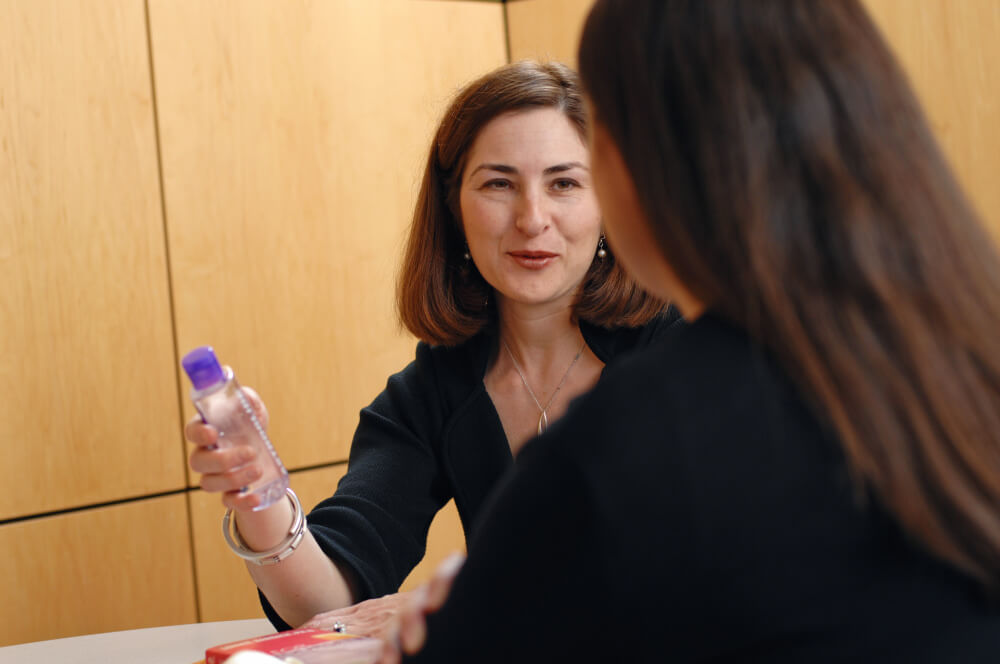Sexual health involves physical, emotional, and social well-being—and, for many people, it is impacted by cancer treatment. Changes in sexual health vary from one patient to another, but can involve:
- Reduced sexual desire
- Reduced pleasure in sexual activity
- Difficulty reaching orgasm
- Negative feelings about one’s sexual attractiveness
- Pain during sexual activity
- Erectile dysfunction and ejaculation issues
- Vaginal dryness and tightness
These issues may be caused by common cancer treatments such as chemotherapy, hormone therapy, radiation, or surgery. Systemic treatments like chemotherapy and hormone therapy can affect hormone levels in the body, which in turn can affect a patient physically and emotionally. Changes in levels of estrogen and testosterone, in particular, can impact sexual desire and function. Surgeries, depending on the patient and the type of procedure, can affect physical appearance as well as sexual function.
While issues of sexual function can often be addressed with medication and sexual rehabilitation, body alterations and changes in appearance—for example, after a mastectomy or head and neck cancer—can have a large impact on body image. Such physical changes may cause patients to feel less attractive or desirable, and can even result in feelings of reduced self-esteem.
It is not uncommon for patients or partners to worry about being intimate during or after treatment. While the nature of one’s sex life may change because of cancer treatment, it doesn’t mean that patients and partners have to give up this aspect of their life completely. Sharon Bober, PhD, director of Dana-Farber’s Sexual Health Program, stresses that there are ways to address and improve sexual health issues for cancer patients.
“There are effective strategies and solutions,” says Bober. “If changes in sexual health or in an intimate relationship are bothering you, look into getting help—these issues do not have to be the price you pay for cancer treatment.”

Both men and women can experience a loss of libido, or sexual desire, during or after cancer treatment. While disrupted hormone levels from treatments play a role in this, physical, emotional, and relationship factors also strongly impact sexual desire. Some patients may find sex painful as a result of treatment, which impacts sexual desire and reduces sexual pleasure. Finding ways to physically alleviate the discomfort is possible, but equally important is a willingness to adapt what intimacy and sexual relationships look like. In a way, cancer treatment can be an opportunity to find new ways to experience sexual pleasure.
Among women with cancer, symptoms of menopause, including vaginal dryness, vaginal burning, and pain during sexual activity, tend to be the most common issues experienced during treatment. Symptoms occur because of decreased estrogen levels as a result of chemotherapy drugs and can be treated with both lifestyle changes and topical local management products, such as lubricants and vaginal moisturizers.
Erectile dysfunction is often the most troubling sexual health issue for men with cancer. Men often assume that phosphodiesterase (PDE) inhibitors and vasodilator drugs are the only options available, but should be aware that there are other potential treatment methods, such as a vacuum erection device or penile injection therapy.
A patient’s body changes during and after treatment, so having patience and a willingness to adapt to these changes is part of maintaining one’s sexual health. “You can maintain and often improve intimacy,” says Bober, “even if sexual function may not look exactly the same way it used to.”
